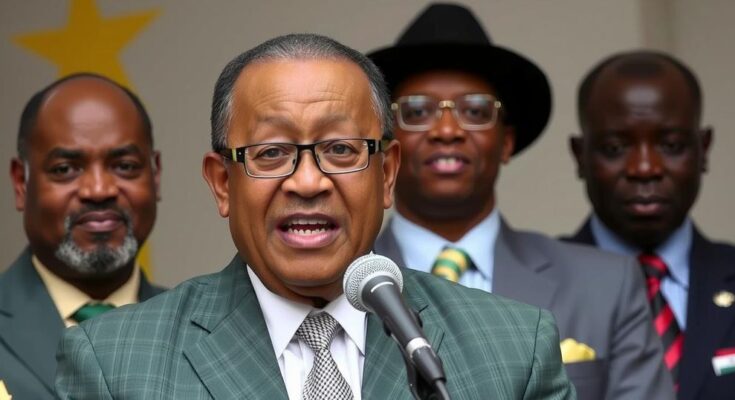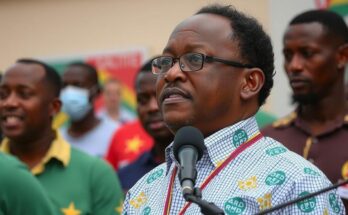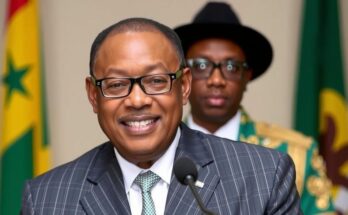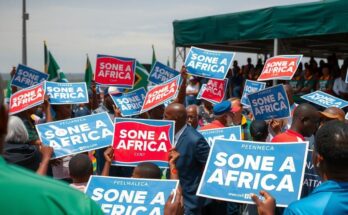Mozambique’s Constitutional Council confirmed the contentious results of the October elections, affirming that ruling party candidate Daniel Chapo received 65 percent of the vote, down from nearly 71 percent. This ruling upholds Frelimo’s half-century grip on power amid ongoing disputes over electoral integrity.
On Monday, Mozambique’s Constitutional Council, the apex judicial body, ratified the results of the contentious October elections, thereby reinforcing the ruling Frelimo party’s continued dominance over the nation for more than fifty years. The court’s decision indicated that Frelimo’s presidential candidate, Daniel Chapo, received 65 percent of the votes, a decrement from the preliminary figure of approximately 71 percent. This official confirmation follows widespread disputes regarding the electoral process, underscoring ongoing concerns about electoral integrity within the country.
The recent elections in Mozambique were marked by allegations of irregularities and electoral malpractice, raising concerns among opposition groups and civil society. The ruling Frelimo party has been in power since Mozambique’s independence in 1975, maintaining significant political control amid allegations of authoritarian practices. The Constitutional Council serves as the judiciary’s highest authority, and its role in certifying election results holds considerable weight in the political landscape of the nation, often reflecting broader issues regarding democracy and governance.
In conclusion, the endorsement of the election results by Mozambique’s highest court secures the Frelimo party’s long-standing rule, although it highlights the contentious nature of the recent electoral process. The adjustment of the vote percentage for Daniel Chapo illustrates both a corrective measure by the judiciary and an ongoing narrative of controversy surrounding elections in Mozambique, questioning the transparency and fairness of the democratic process. Moving forward, these developments may have implications for the political dynamics and civil liberties in the nation.
Original Source: www.barrons.com




